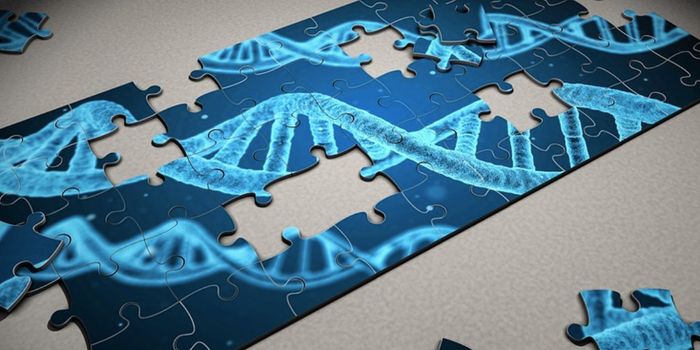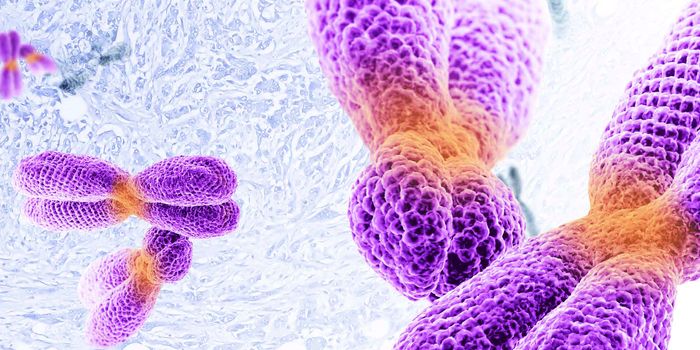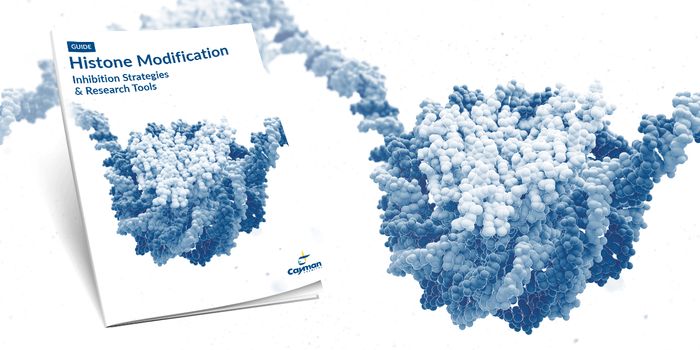New Tool to Predict Response to Anti-Cancer Drugs
One of the most elusive challenges oncologists encounter is why some patients respond to a particular therapy while others do not. Thus, optimizing a personalized treatment regimen that gives a patient the best odds of success has become a cornerstone of cancer research. The desire to implement more individualized therapies has brought about an increasing the focus on personalized medicine. This promising approach uses specific patient characteristics, including genetic makeup, environment, and lifestyle, to develop an individualized treatment plan.
Working towards improving the speed and accuracy of genetic screening to inform personalized medicine, a team of researchers conducted a comprehensive study. The journal NPJ Precision Oncol recently published the results. The researchers meticulously investigated the gene expression of almost 800 cancer cell lines and their response to treatment. With this thorough process, the researchers identified specific genetic patterns that correlated with drug resistance.
The study identified 36 genes correlating to resistance to multiple anti-cancer drugs. The researchers calculated a score, called UAB36, based on the correlation coefficient of the 36 genes identified. This UAB36 score, a novel predictive tool, accurately forecasted resistance to tamoxifen, an anti-cancer drug used to treat some types of breast cancer and prevent cancer progression in women with ductal carcinoma in situ (DCIS).
The researchers verified the utility of UAB36 on three different cohorts of breast cancer patients treated with tamoxifen. The study demonstrated that UAB36 successfully predicted survival in patients of all three cohorts. Notably, UAB36 predicted outcomes better than two current gene signatures used clinically, ENDORSE and PAM50. Further, the prediction power of UAB36 appeared superior to other predictive tools because it predicts responses accurately independent of clinical variables that typically influence outcomes.
These findings provide a new tool to help doctors predict which breast cancer patients will respond best to tamoxifen. Successful application could identify patients who will benefit from treatment and those who may need alternative therapeutic approaches. In addition, applying this tool in the clinic could limit unnecessary adverse events from treatment that will not benefit the patient. The authors suggest that their approach could be applicable to identifying gene signatures associated with response to anti-cancer drugs used to treat additional cancer types.
Sources: NPJ Precision Oncol, Mol Syst Biol, Cancer Epidemol Biomark Prev









